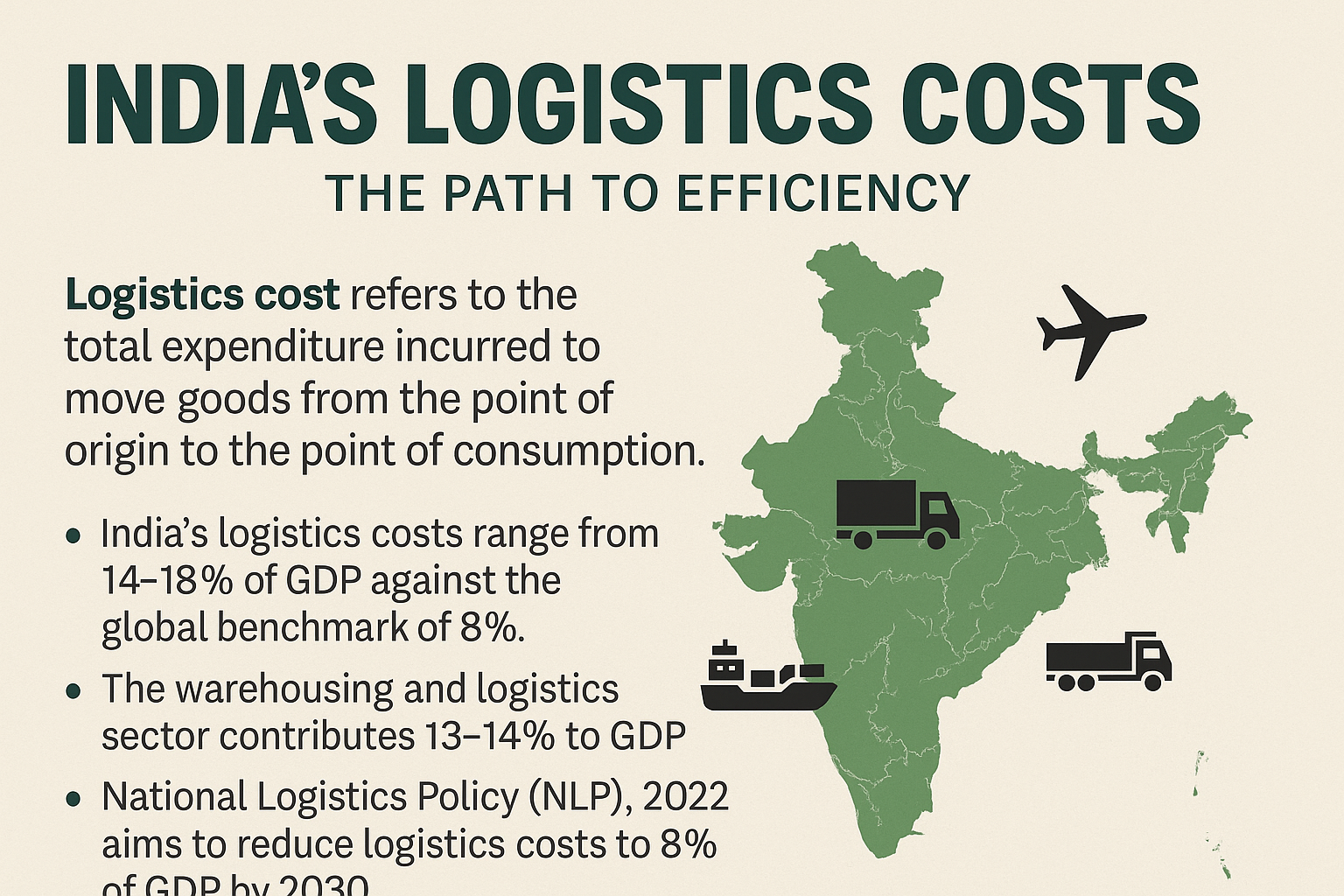092.
Tea Workers’ Health | TB Complications | Fungal Infections
Alarming Rise of Fungal Lung Disease Among Assam’s Tea Plantation Workers
A recent study from Assam Medical College and Hospital has brought urgent attention to the health of tea plantation workers in the state. The research highlights a high prevalence of Chronic Pulmonary Aspergillosis (CPA)—a severe lung infection—especially among survivors of tuberculosis (TB).
🍂 Tuberculosis in Assam: The Underlying Crisis
- TB Incidence: 217 cases per 100,000 people (2019–2021 survey).
- Key Drivers: Malnutrition, poor housing, poverty.
- These conditions are common in tea estates, where workers live and work in vulnerable environments.
🦠 What is Chronic Pulmonary Aspergillosis?
- Caused by the fungus Aspergillus fumigatus.
- Affects those with pre-existing lung damage, often post-TB.
- Symptoms: Chronic cough, fatigue, blood in sputum, lung scarring.
- Untreated CPA can be life-threatening and permanently impair lung function.
📊 Study Findings from Dibrugarh, Assam
- Sample size: 128 patients from tea estates.
- CPA Prevalence:
- Overall: 17.18%
- Among active TB patients: 18.5%
- Among post-TB patients: 48.9% – a staggering figure indicating near half of recovered TB patients are at risk.
- Average Age: 41.9 years; middle-aged men were more affected.
- Smoking was noted as a potential factor, though global studies offer mixed findings.
🌍 Global Comparisons
- CPA Prevalence in Assam: 60 per 100,000.
- Global Average: 42 per 100,000.
- Assam’s rates are higher than several African nations, raising alarms about long-term respiratory health in the region.
⚠️ Economic and Social Impact
- Chronic illness = lower workforce productivity in tea plantations.
- Rising medical expenses deepen poverty cycles in affected families.
- Respiratory illnesses can impact entire communities, not just individual patients.
✅ Recommendations for Action
- Routine Aspergillus Antibody Testing post-TB treatment.
- Train health workers to spot early CPA symptoms.
- Incorporate fungal testing in standard post-TB care protocols.
- Strengthen healthcare infrastructure in tea-producing regions.
This study is a wake-up call for India’s TB strategy: fighting the disease doesn’t end with curing TB—it must include preventing its deadly aftermath.















